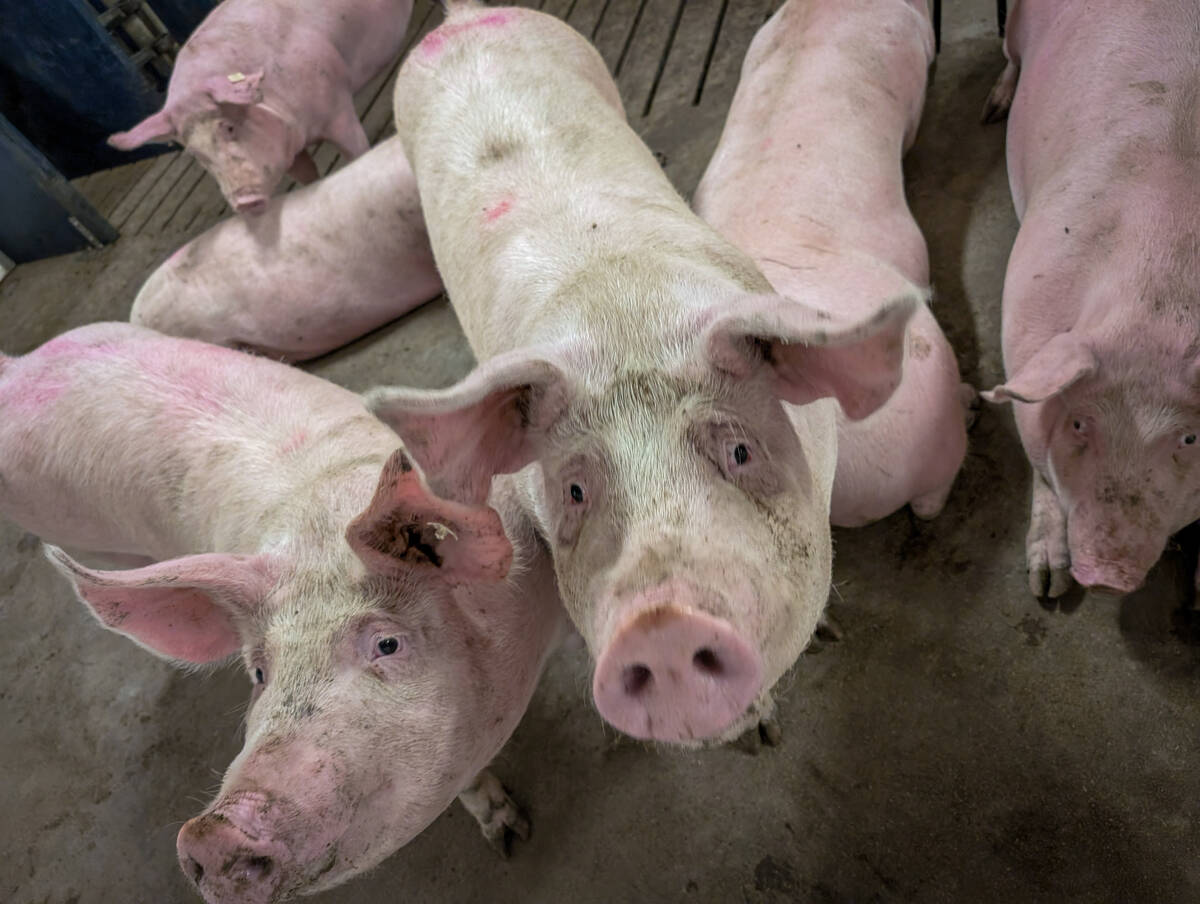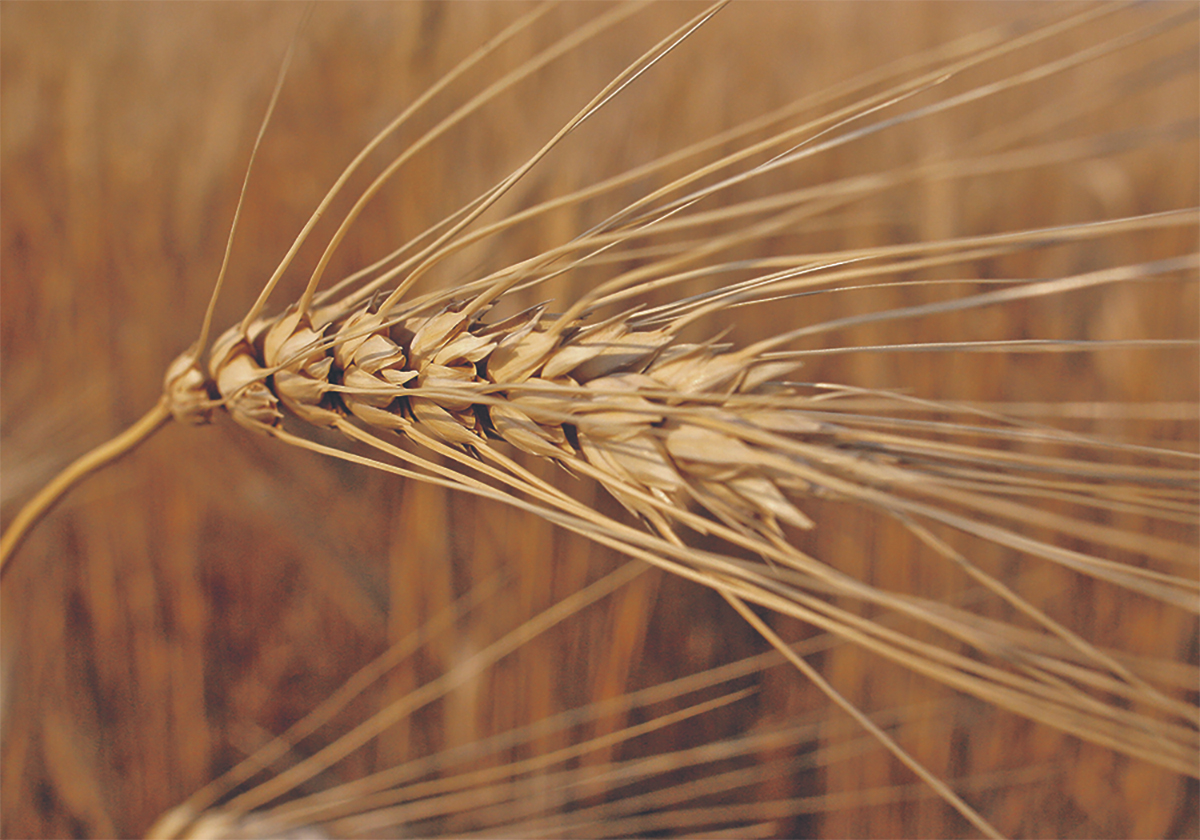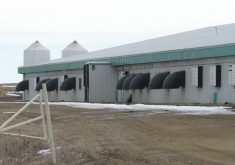SWIFT CURRENT, Sask. — Rachid Chamcham traveled 7,800 kilometres from Morocco to Saskatchewan to attend the 2025 Durum Summit in Swift Current.
Chamcham spoke at the Jan. 30 summit, delivering a customer’s perspective on Canadian durum wheat.
Seeing how 300 farmers, scientists and ag industry reps were in the audience, it was unlikely that Chamcham – of the Federation Nationale De La Minoterie (National Millers Federation in Morocco) – would say anything nasty about Canadian wheat.
Read Also

Pork sector targets sustainability
Manitoba Pork has a new guiding document, entitled Building a Sustainable Future, outlining its sustainability goals for the years to come.
He praised the consistency and high quality of Canadian durum, saying that Moroccan millers love its amber colour, the high quality of gluten and its high protein content.
Summarizing his speech into 11 words: Canadian durum has an advantage, thanks to its reputation and quality.
He was on stage at the Living Sky Casino conference room for 25 to 30 minutes, but Chamcham didn’t utter a single word about sustainability, climate change or how durum millers in Morocco are worried about greenhouse gas emissions from wheat fields in Western Canada.
And that makes sense.
Why would a grain miller in North Africa lose sleep about a wet spring in southern Saskatchewan and how a portion of nitrogen fertilizer applied to a wheat field transforms into nitrous oxide — a potent greenhouse gas.
Quality matters for grain millers in Morocco, just like it matters to shoppers in Canadian supermarkets.
For decades, a mantra in Canada’s grain and livestock industry has been quality and how it sets Canada apart from other countries.
Quality is still top of mind, but over the last decade thousands of people in Canada’s agriculture and agri-food industry have shifted their attention elsewhere.
Taxpayers and commodity groups have invested billions into the sustainability of grains, oilseeds, pulses and livestock production in Canada.
Some customers may have noticed, but others have not.
Sustainability advocates would say that Canada can do both.
They say the agri-food sector can provide high quality and sustainable food to the world.
That might be true, but dedicating billions of dollars and employing thousands of experts to work on sustainability could distract from what really matters to buyers.
Swine Innovation Porc, on its website, says in a few words why Canada should double down on its existing advantage.
“Focusing on delivering quality products makes for happier, repeat customers.”
Robert Arnason is a reporter with the Western Producer.


















